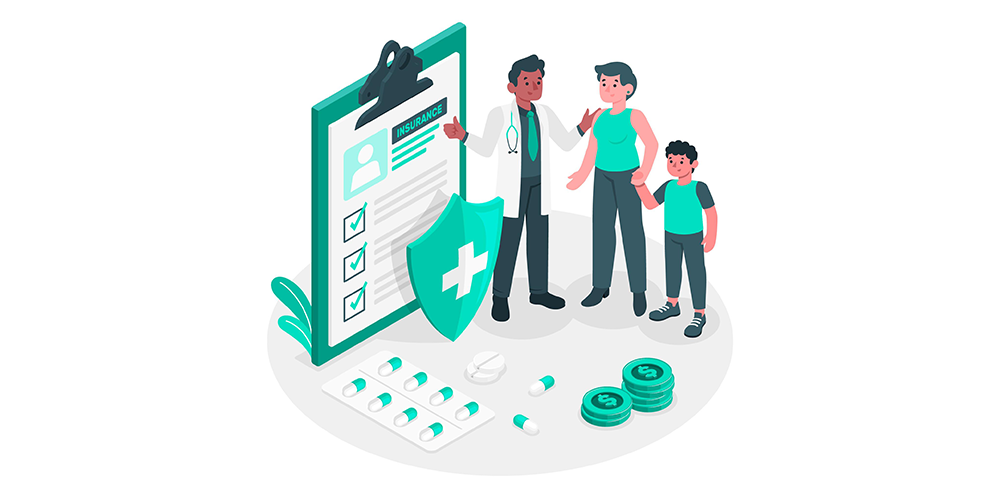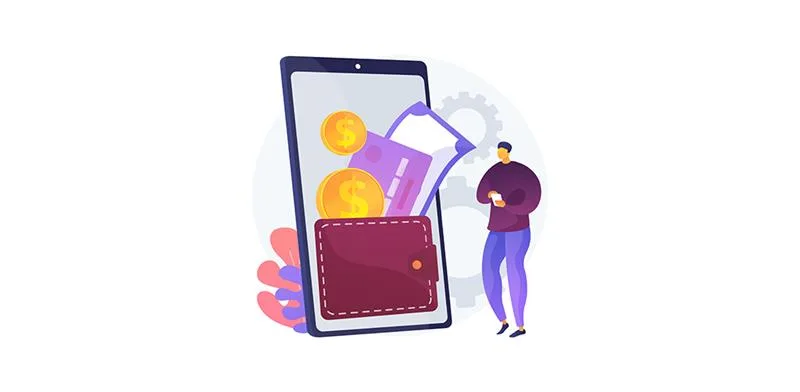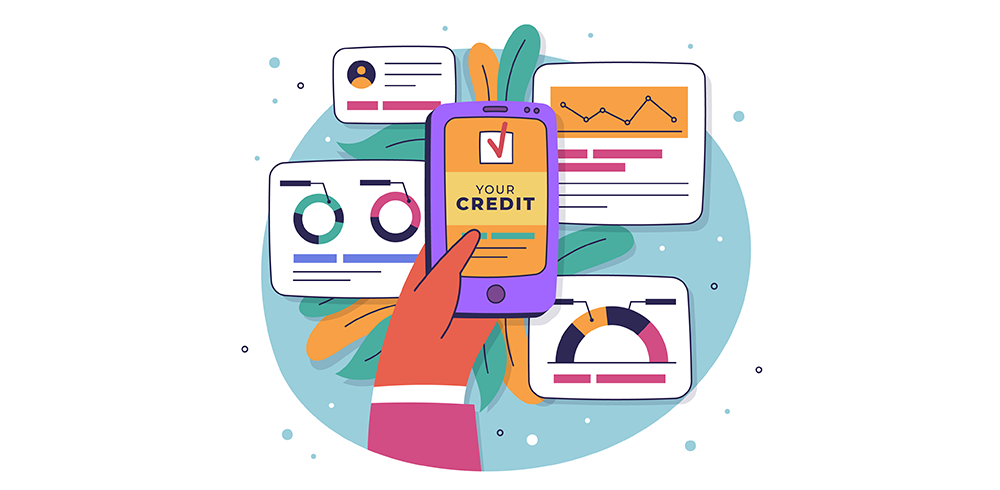Maintaining a good credit score is fairly difficult. You have to keep track of your accounts, have a healthy credit mix, make timely payments, and dodge penalties as much as you can.
It’s no piece of cake!
But what if after all that hard work and due diligence, you find your credit score still frown-worthy?
Then it’s probably time to sit down and carefully review your credit report. You see, the credit bureau is always being pumped with information about all creditors and has to keep track of their financial activities. So the credit bureaus may mix someone else’s information with yours hence the low credit score.
These credit report issues are, though quite common, often overseen resulting in a lot of confusion and a bad credit rating.
If you think one small error shouldn’t be bothered with, you may not know the effect one missed payment can have on your credit score. So before you learn how to spot & fix credit report errors, here’s the importance of a good credit score:
What happens when you have a low credit score
- Get lower interest rates on your credit cards and loans:
When you have a good credit score, you have solid proof of your trustworthiness & financial management capabilities. A good credit score of around 580-799 can get you the lowest possible interest rates on your credit cards & loans.
A high credit score gives you negotiating power to further lower the interest rate on your loans & credit cards.
- Higher chance for credit card and loan approval:
Candidates with a high credit score are looked at favorably by lenders and have a higher chance of getting approved. But if you have a credit score below, your lenders will reject your applications faster than your crush rejected your proposal.
- Better car insurance rates
Car insurance companies pull up your credit score to check your financial situation. If you have a healthy credit score, you can be able to negotiate and get a better car insurance rate.
Common credit report issues
- Identity-related errors:
Identity mistakes are very common mistakes where your information is mixed up with someone else having the same or similar name as yours. This causes big trouble since his financial misdeeds will show up on your credit report.
- Account-related errors:
It may happen that you may have closed an account but it is still reported as open and vice versa. Or you may open a new account & it doesn’t show up in your credit report at all. And an account may be incorrectly reported as defaulted, have an incorrect date of EMI payment or a payment which was made shown as missed.
- Balance-related errors:
Your credit report may show incorrect account balances or inaccurate credit limits of your account. This can affect your credit utilisation ratio and damage your credit score.
How to Solve These Issues & Prevent Them
- Regularly review your credit report.
Checking your credit score on a regular basis and examining your credit report annually is crucial to help you resolve issues and ensure that everything on your report is correct.
- Contact your credit bureau in case of inaccuracies in your credit report
If you notice an error in your credit report upon reviewing it, you must fix it as quickly as possible. You must contact the credit bureau from where the report was generated, and they will have you fill out an online form.
- Submit the dispute form.
When the dispute is successfully lodged, you will be directed to a confirmation page. You can choose to provide scanned documents by using the “Upload a document” option to support your dispute, such as a copy of an email validating the account’s inaccurately reported status.
- Check if the error is resolved.
Updates to your credit report may take a while to reflect as they are dependent on the update cycle of your credit bureau and when the furnisher provides the updated information to the credit bureau. If the update does not appear on your credit reports after a few months, you should contact the credit bureaus.










